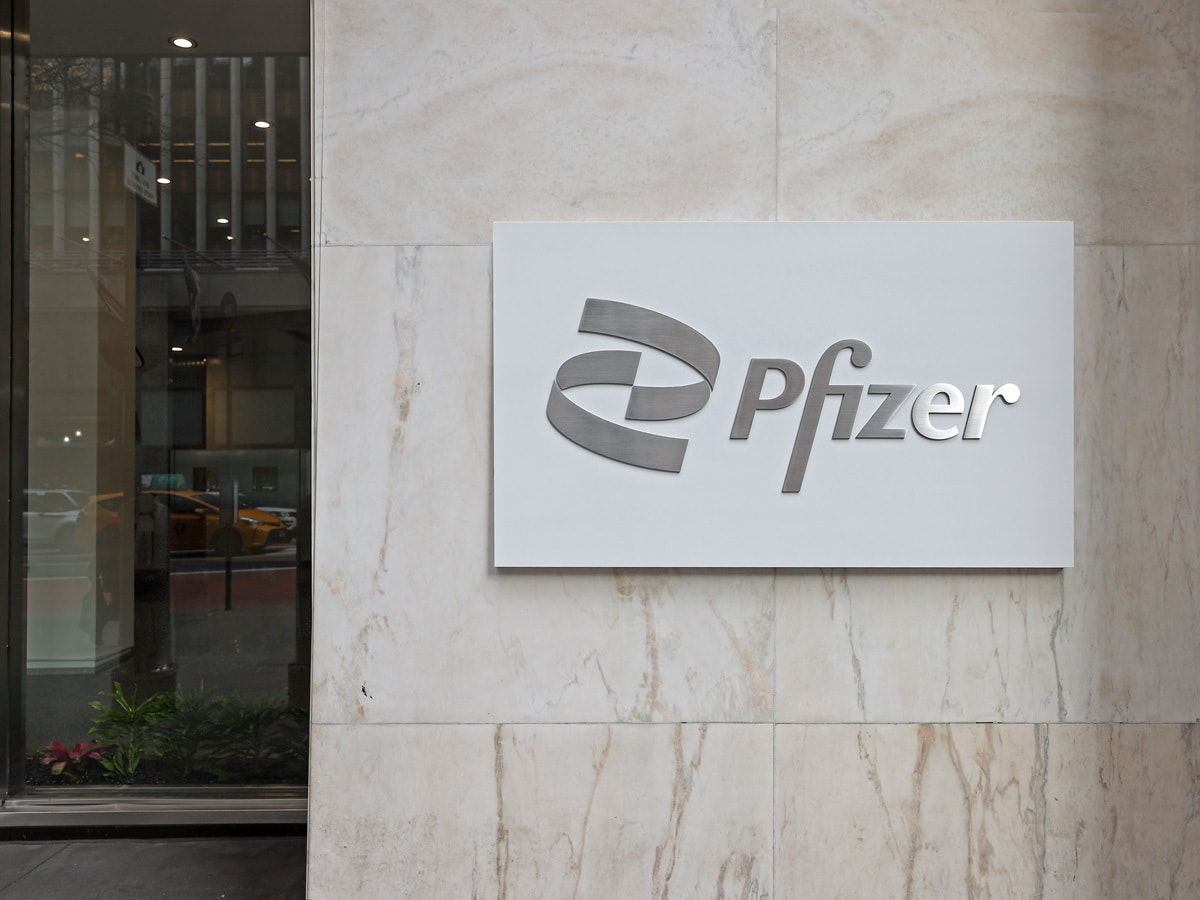In today’s top stories, Pfizer acquires Seagen to advance the battle against cancer and the UK announces plans to invest £2.5bn in quantum computing. Lyft and Uber are also in the headlines after a court victory in California. In other automotive news, Volkswagen is planning to invest ~€120bn in EVs and Rivian is in talks with Amazon to end the exclusivity part of its EV van deal.
Seagen acquisition to boost Pfizer
Pharma giant Pfizer [PFE] is to buy cancer-focused biotech Seagen [SGEN] for $43bn or $229 per share, a 16% premium on its Monday closing price of $197.65. Chairman and CEO Albert Bourla said in a statement that oncology is “the largest growth driver in global medicine, and this acquisition will enhance Pfizer’s position in this important space”, adding to its portfolio of 24 approved cancer medicines. Pfizer, whose oncology sales were $12.1bn in 2022, expects Seagen to contribute $10bn in revenue in 2030.
Court victory for Uber and Lyft
A California court has ruled ride-hailing players Lyft [LYFT] and Uber [UBER] can continue to treat their drivers as independent contractors, meaning they don’t have to pay costs that employers do. There hasn’t been much for either company to cheer about in recent weeks, especially for Lyft, whose share price recorded an all-time low on Monday. Back in February, Wedbush analyst Dan Ives said Lyft’s “management is trying to play darts blindfolded with the expense structure going forward”.
Volkswagen’s five-year plan
German automaker Volkswagen [VOW.DE] has unveiled big plans to spend €180bn between now and 2027, with two-thirds being directed towards “electrification and digitisation”, including its electric vehicle (EV) battery strategy. Earlier in March, Volkswagen reported battery and EV deliveries rose 26% in 2022. The groups’ chief financial officer and chief operating officer Arno Antlitz told CNBC that its strong financials have put it in a position to accelerate “investing in electrification and digitisation” despite a “challenging economic environment”.
Quantum computing investment drive
Quantum computing in the UK is to get a cash injection of £2.5bn when Jeremy Hunt unveils his budget later today, reported the Financial Times. Investing in areas like quantum computing and AI “will be critical” if the UK is to become a tech powerhouse by 2030, Ekaterina Almasque, general partner at venture capital firm OpenOcean, told UKTN. Quantum computing and AI stocks “may pay off in the long term,” Sylvia Jablonski, chief investment officer at Defiance ETFs, told CNBC.
Rivian wants out of Amazon deal
EV maker Rivian [RIVN] wants out of its exclusivity deal with Amazon [AMZN]. According to a Wall Street Journal report published Monday, it comes after the ecommerce giant’s order of 10,000 electric vans was at the lower end of the expected range. Dan Ives believes terminating the exclusivity deal is “a potential win” for Rivian, “but right now the Street feels like Rivian cannot walk and chew gum at the same time,” according to a note seen by Barron’s.
Solar imports on the rise
The passing of the Uyghur Forced Labor Prevention Act in December 2022 is helping solar panel imports from manufacturers like JinkoSolar [JKS] to flow into the US and China. Solar installations in the US fell 16% in 2022 due to a ban on Chinese goods that limited the availability of panels. Some in the solar industry believe Washington needs to scrap tariffs on solar imports from China altogether if the US is to meet its clean energy targets.
Glencore shares fall from January high
Shares in mining and commodities giant Glencore [GLEN.L] have tumbled 17% year-to-date. This is despite the company reporting pre-tax profits of more than $34bn for 2022 and announcing it’ll pay a record $5.6bn in cash dividends to shareholders. While the stocks’ poor performance can be attributed to declining coal prices, the fallout from its corruption scandal is also to blame. Legal & General [LGEN.L] sued Glencore last month over alleged investor losses.
Disclaimer Past performance is not a reliable indicator of future results.
CMC Markets is an execution-only service provider. The material (whether or not it states any opinions) is for general information purposes only, and does not take into account your personal circumstances or objectives. Nothing in this material is (or should be considered to be) financial, investment or other advice on which reliance should be placed. No opinion given in the material constitutes a recommendation by CMC Markets or the author that any particular investment, security, transaction or investment strategy is suitable for any specific person.
The material has not been prepared in accordance with legal requirements designed to promote the independence of investment research. Although we are not specifically prevented from dealing before providing this material, we do not seek to take advantage of the material prior to its dissemination.
CMC Markets does not endorse or offer opinion on the trading strategies used by the author. Their trading strategies do not guarantee any return and CMC Markets shall not be held responsible for any loss that you may incur, either directly or indirectly, arising from any investment based on any information contained herein.
*Tax treatment depends on individual circumstances and can change or may differ in a jurisdiction other than the UK.
Continue reading for FREE
- Includes free newsletter updates, unsubscribe anytime. Privacy policy





